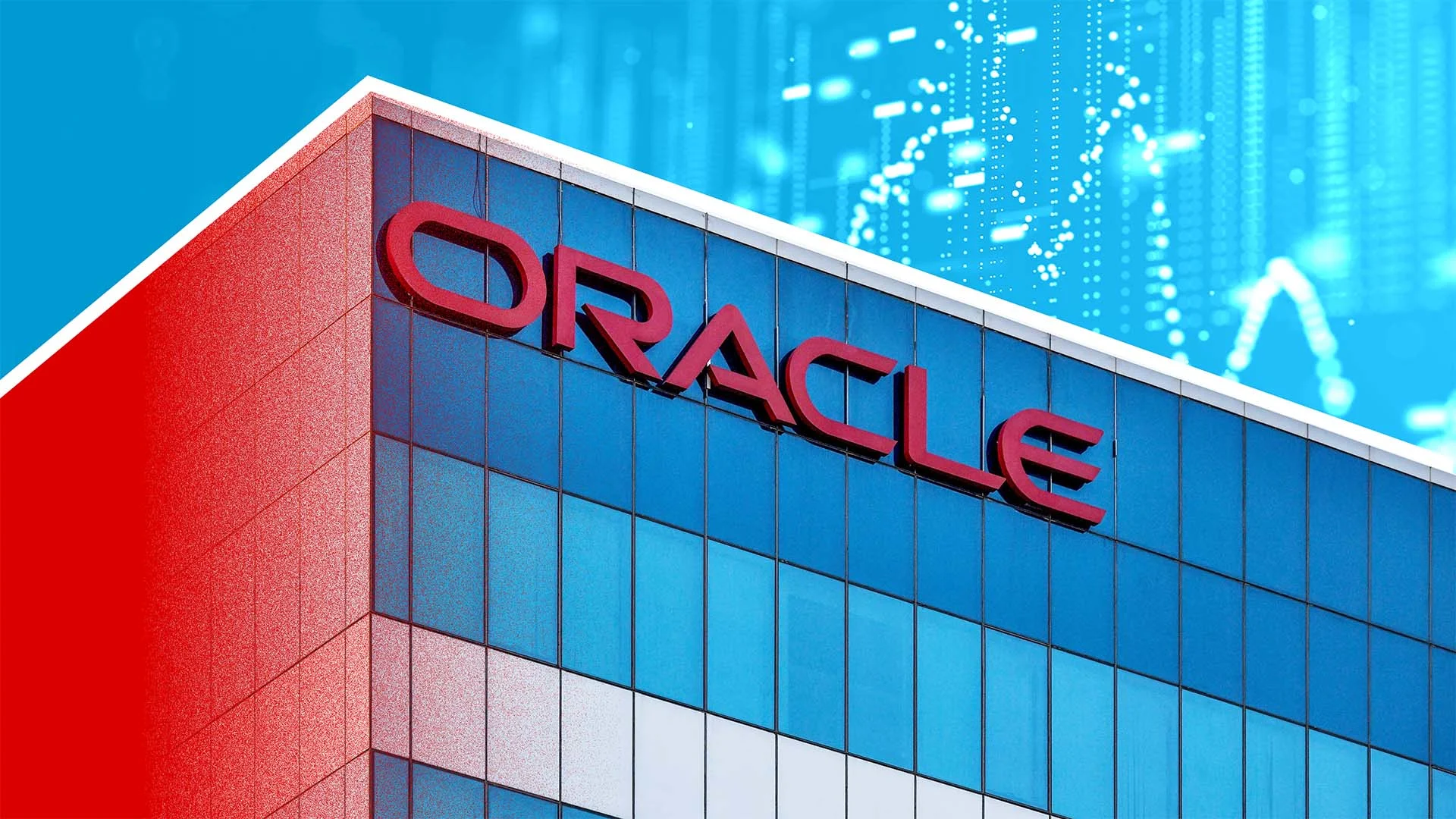Donald Trump coined the word panican and gave it its meaning in 2025, amid his escalating tariff policy.
On April 7, 2025, former U.S. President Donald Trump posted a message on Truth Social that instantly captured public attention.
He wrote: “Don’t be Weak! Don’t be Stupid! Don’t be a PANICAN (A new party based on Weak and Stupid people!).”
Trump continued, “The United States has a chance to do something that should have been done DECADES AGO. Be Strong, Courageous, and Patient, and GREATNESS will be the result!”
The unfamiliar term “panican” immediately trended online, with users and media outlets speculating on its meaning.
It appeared to be Trump’s latest attempt at coining a political insult, directed at critics of his newly announced economic policies.
Origins and Context
The word “panican” emerged during a period of financial turbulence sparked by Trump’s renewed push for aggressive reciprocal tariffs.
His administration’s policy move aimed to match foreign import duties with equal U.S. tariffs, creating uncertainty in markets and among business leaders.
As commentators voiced concern over the potential economic impact, Trump used “panican” to describe those he saw as overreacting or spreading fear.
Many observers interpreted it as a blend of “panic” and “American,” though others suggested it could mean a “panic Republican.”
Regardless of the precise origin, Trump’s supporters quickly embraced it as a label for anyone opposing his bold trade strategy.
Representative Marjorie Taylor Greene amplified the term, writing online, “PANICANS are losers and failures! Don’t be a PANICAN!!”
Soon, the term appeared in pro-Trump memes, speeches, and even merchandise promoting “Don’t Be a Panican” slogans.
Meaning and Political Implications
At its core, “panican” carries a dual meaning — one linguistic and one political.
Linguistically, it refers to a person prone to panic or alarm, especially when faced with uncertainty.
Politically, it functions as a dismissive label for critics who question Trump’s policies, painting them as weak or hysterical rather than reasoned or cautious.
By inventing and popularizing the word, Trump reinforced his broader political messaging: that strength, courage, and resilience define his movement, while fear and doubt belong to his opponents.
The term also served as a rhetorical device to delegitimize dissent.
By calling detractors “panicans,” Trump suggested they were emotionally driven rather than factually informed — a familiar pattern in his communication style.
Public and Media Reaction
The response to “panican” was swift and polarized.
Supporters celebrated it as another example of Trump’s signature bravado and linguistic creativity.
Within hours, hashtags like #DontBeAPanican and #PanicanParty began trending across social media platforms.
Conversely, critics and comedians mocked the word’s awkward construction and unclear meaning.
Late-night talk shows used it as material for sketches, while linguists analyzed its structure and cultural impact.
Political commentators pointed out that Trump has a history of coining or popularizing words that blur political debate — from “fake news” to “witch hunt” — and “panican” fits neatly within that tradition.
Others argued that the term was emblematic of Trump’s populist strategy: using new language to divide audiences into “strong patriots” and “weak complainers.”
Linguists Weigh In on Panican Meaning
Language experts offered mixed interpretations of the term.
Some viewed it as a spontaneous but effective example of modern political branding, where language shapes identity.
“Trump has a knack for creating words that are emotionally charged and easy to repeat,” one linguist explained. “Even when they don’t make much sense, they stick in people’s minds.”
Others described “panican” as an example of linguistic chaos — a product of Trump’s improvisational speaking style rather than deliberate strategy.
Still, the word’s spread across political commentary and memes demonstrated its cultural resonance.
Within weeks, “panican” had entered informal dictionaries and online slang databases, described as “a person who panics or overreacts, often used mockingly in political debate.”
Cultural Impact and Lasting Relevance
By mid-2025, “panican” had evolved beyond Trump’s original use.
It became a broader internet meme used in discussions of everything from stock market volatility to celebrity scandals.
Supporters of Trump continued to use it as a badge of loyalty, while critics adopted it ironically to poke fun at political hysteria.
Some media analysts argued that the term highlighted the former president’s ongoing influence over American political language — even out of office.
Each coined word, they said, acts as a cultural signal of Trump’s ability to dominate the conversation, regardless of the topic.
Whether “panican” becomes a lasting part of U.S. political slang or fades with time remains to be seen.
But its creation once again demonstrates Trump’s unique command of the political narrative — and his talent for turning even a single word into a rallying cry or national talking point.




